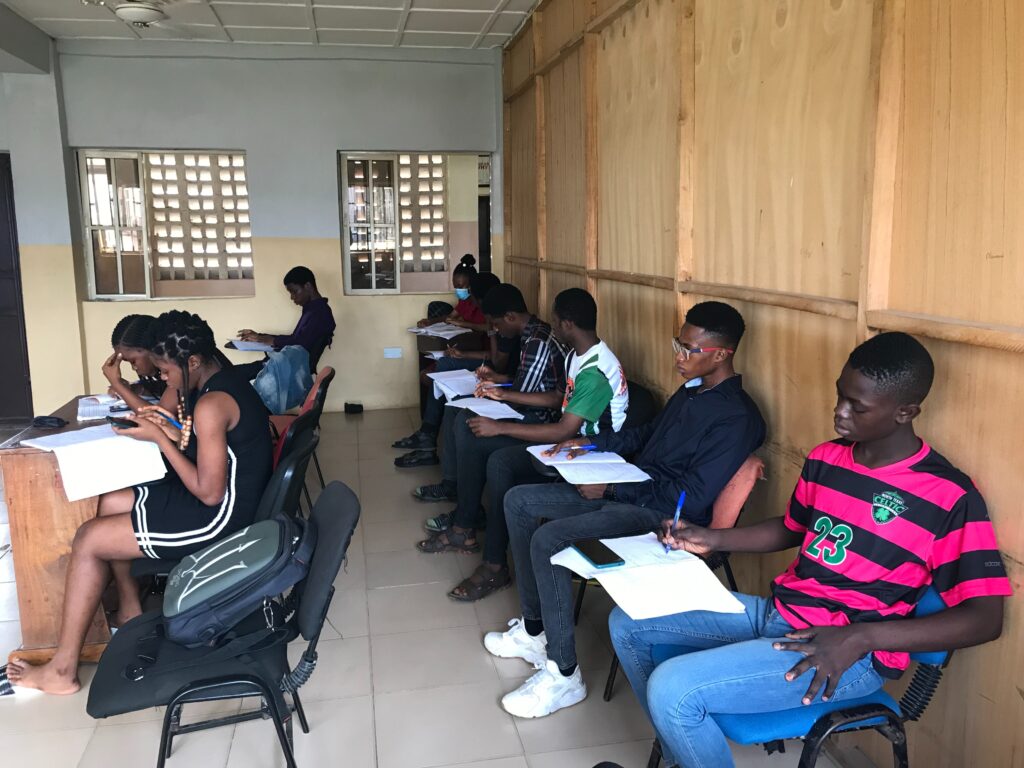Dyscalculia is a learning disability that specifically affects a person’s ability to do the math. Dyscalculia affects math skills for basic mathematical operations such as addition, substation, and multiplication. A person with dyscalculia has difficulty with math concepts. abstractions, counting skills, and many other related skills.
There are several types of dyscalculia including verbal dyscalculia, diagnostic dyscalculia, lexical dyscalculia, operational dyscalculia, graphical dyscalculia, practognostic dyscalculia.
A dyscalculia test permits to diagnosticate of the type of dyscalculia and get the track to the solution.
Different Types of Dyscalculia

Verbal Dyscalculia
Verbal dyscalculia is type of dyscalculia which characterized by some difficulties of naming and understanding the mathematical concepts that are to presented verbally. Children with this type of dyscalculia can read or write numbers, but when presented verbally, they have a hard time recognizing them.

Ideognostic Dyscalculia
Ideognostical dyscalculia refers to problems in understanding mathematical concepts and relationships.The difficulty carrying out mental operations without using numbers to answer math problems and understanding mathematical concepts.

Lexical Dyscalculia
Lexical dyscalculia refers to problems in reading mathematical symbols, including operation signs (+, – ) and numerals
The trouble with reading mathematical numbers and symbols, mathematical expressions and equations

Operational Dyscalculia
Lexical dyscalculia refers to problems in reading mathematical symbols, including operation signs (+, – ) and numerals.
The inability of a learner to perform written or verbal mathematical operations or simple calculations.
Such as learners cannot manipulate numbers and symbols in the calculation.

Graphical Dyscalculia
Graphical dyscalculia refers to problems in writing mathematical symbols and numerals.
The difficulty writing mathematical symbols. Such learners are able to understand the concepts but are not able to read, write, or use the correct corresponding symbols.

Practognostic Dyscalculia
Practognostic dyscalculia refers to problems in manipulating things mathematically — for example, comparing objects to determine which is larger.
The difficulty translating an abstract mathematical concept into a real concept. Such learners are able to understand mathematical concepts but are not able to list, compare, and manipulate mathematical equations.

